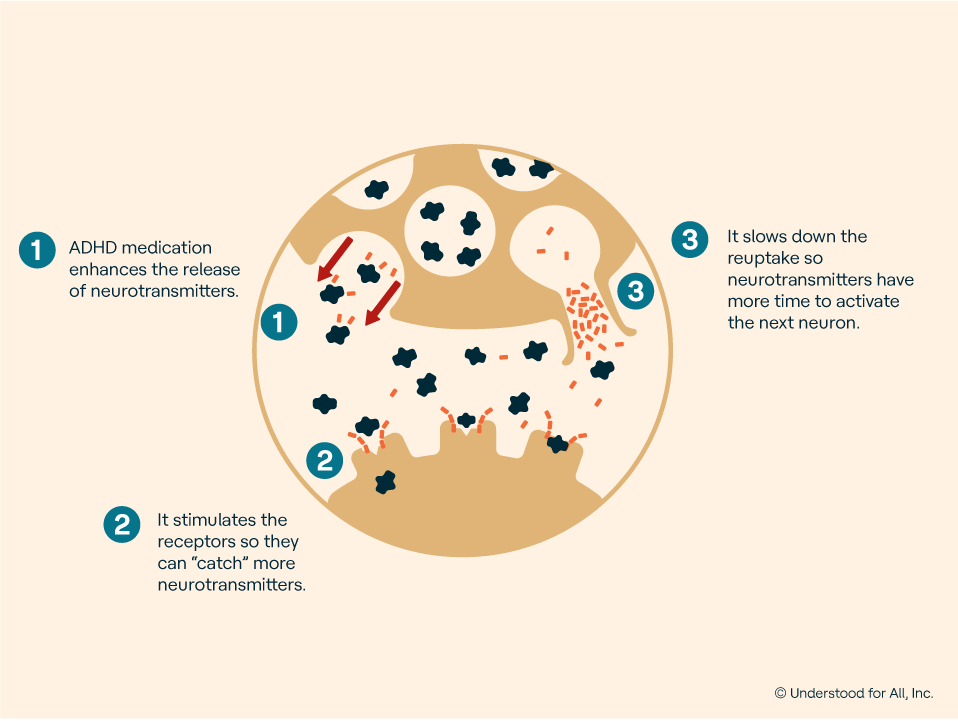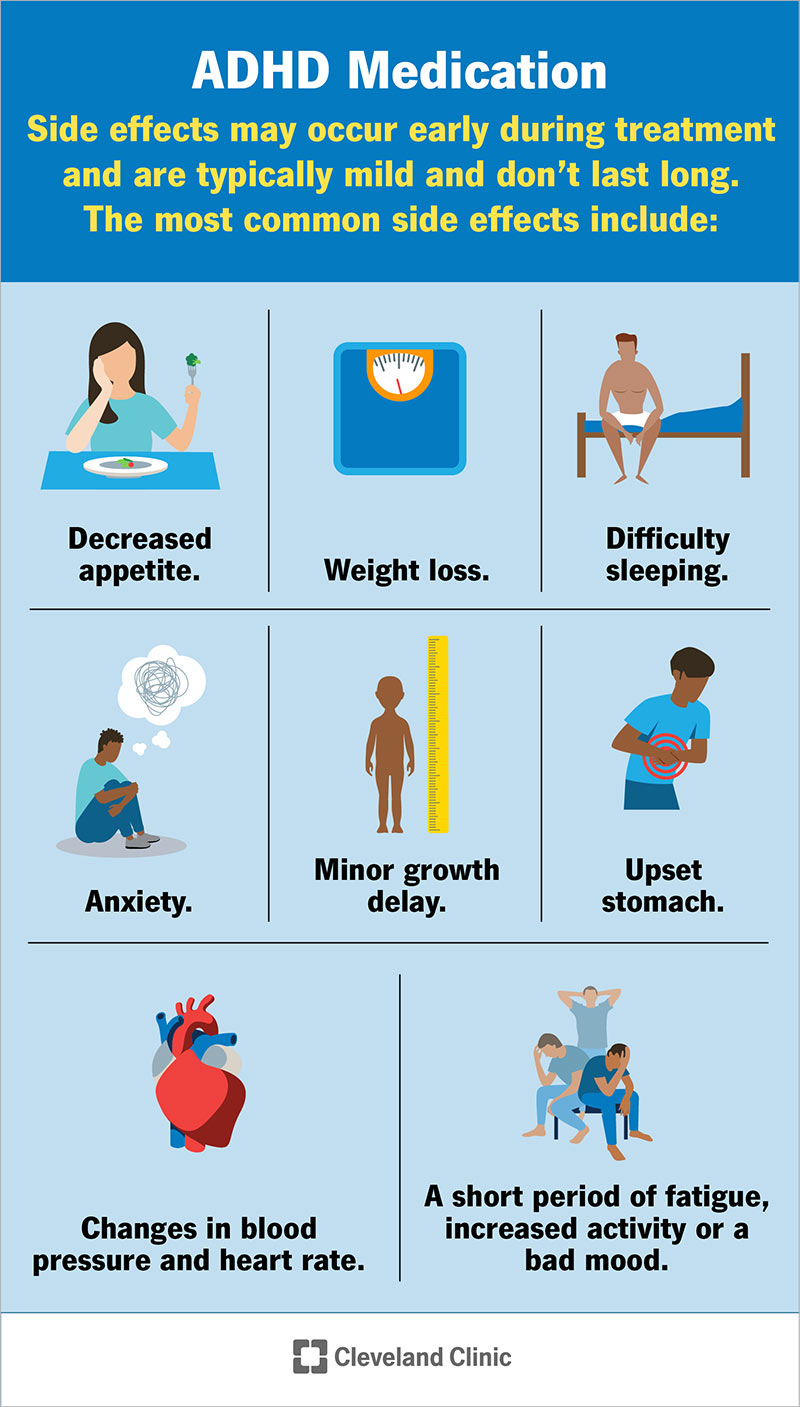Checking Out Efficient ADHD Treatment Choices for All Ages
The complexities of Focus Shortage Hyperactivity Problem (ADHD) present unique obstacles across various age teams, requiring a comprehensive exploration of effective treatment choices. A combination of behavioral therapies, pharmacological interventions, and way of life adjustments has actually revealed assurance in attending to the varied demands of people with ADHD.
Comprehending ADHD and Its Effect
Attention-Deficit/Hyperactivity Disorder (ADHD) is a neurodevelopmental problem characterized by relentless patterns of inattention, hyperactivity, and impulsivity that can dramatically influence various elements of a person's life. It normally shows up in childhood years, although symptoms can continue into their adult years. The core symptoms of ADHD can interfere with educational performance, prevent social interactions, and complicate occupational ventures.
People with ADHD typically battle with preserving concentrate on jobs, arranging tasks, and complying with with on guidelines, which can cause scholastic underachievement (Depression Treatment). In social contexts, impulsivity might result in troubles in creating and sustaining connections, as individuals may disrupt discussions or make rash decisions without thinking about consequences
Furthermore, ADHD can co-occur with various other psychological health and wellness conditions, such as stress and anxiety and anxiety, better complicating diagnosis and therapy. The irregularity in sign discussion means that ADHD can influence people differently, requiring an individualized strategy to management. Understanding ADHD's diverse effect is crucial for establishing effective techniques that support people in navigating daily obstacles and attaining their capacity. Comprehensive awareness of ADHD's nature and implications lays the foundation for exploring suitable treatment options tailored to each individual's needs.
Behavioral Therapies for ADHD
Countless behavior treatments have been established to successfully deal with the challenges related to ADHD, concentrating on modifying specific habits and cultivating necessary abilities. Amongst the most identified methods are cognitive-behavioral therapy (CBT), parent training, and social abilities training.
CBT aids individuals recognize and transform negative thought patterns and habits, promoting a much more positive overview and improved self-regulation. This treatment commonly includes useful strategies for taking care of impulsivity and improving organization. Parent training programs encourage caregivers by equipping them with methods to strengthen favorable actions and set consistent boundaries, which can be especially helpful for children with ADHD.
Social skills training is another important component, training people with ADHD exactly how to interact effectively with peers - Depression Treatment. This technique usually entails role-playing and feedback to enhance interaction, collaboration, and problem resolution skills
Incorporating these behavioral treatments right into a thorough treatment strategy can considerably improve working and top quality of life for people with ADHD. Ultimately, the performance of these treatments relies on customized see post methods that consider the one-of-a-kind demands of everyone, consequently promoting durability and versatility in day-to-day live.
Medicine Options Available
For several people with ADHD, medication can play a considerable function in managing symptoms and enhancing total functioning. Both primary groups of medicines recommended for ADHD are stimulants and non-stimulants.
Energizers, such as methylphenidate and amphetamine-based drugs, are the most typically used therapies. These medicines function by raising the levels of neurotransmitters, especially dopamine and depression anger norepinephrine, in the brain, which helps enhance attention and reduce impulsivity and hyperactivity. They often produce quick outcomes, making them a recommended choice for several clients.

It is essential for doctor to perform a thorough analysis to identify one of the most proper drug based upon individual needs, medical background, and potential negative effects. Routine follow-up and surveillance are likewise important to make sure the performance of the selected therapy and to make any necessary changes.
Lifestyle Changes to Take Into Consideration
Managing ADHD successfully expands past medicine, as lifestyle adjustments can substantially enhance general well-being and signs and symptom control. Incorporating organized regimens is critical; regular routines assist people with ADHD handle their time properly and minimize sensations of bewilder.
Normal physical task is one more essential part. Workout not only helps to boost concentration but also enhances state of mind and decreases stress and anxiety degrees. Activities such as yoga or team sporting activities can be specifically useful, promoting both physical conditioning and social interaction.
Nourishment likewise plays a crucial function. Depression Treatment. A balanced diet rich in omega-3 fats, whole grains, and lean healthy proteins can add to improved focus and cognitive feature. Limiting sugar and refined foods is advisable, as these can exacerbate attention deficit disorder and impulsivity
Sleep hygiene is essential for managing ADHD symptoms. Establishing a routine rest routine official statement and developing a relaxing setting can improve sleep top quality, leading to much better interest and psychological guideline.
Alternate and Holistic Strategies
Alternate and holistic methods to ADHD therapy provide a diverse range of options that complement standard methods. These strategies often concentrate on way of living adjustments, nutritional treatments, and healing techniques that intend to enhance general health while resolving ADHD signs and symptoms.

Mindfulness and behavior modifications are also getting grip as alternative interventions. Practices such as yoga exercise, reflection, and cognitive-behavioral treatment can grow self-regulation and improve attention. These techniques sustain emotional durability, which is especially valuable for people with ADHD.
Organic supplements, such as ginkgo biloba and ginseng, are often checked out; nonetheless, it is important to speak with medical care specialists prior to including these right into therapy strategies. While option and alternative strategies can offer important support, they must ideally be used along with evidence-based treatments to achieve optimal results for handling ADHD throughout all ages.
Conclusion
In summary, effective ADHD therapy necessitates a comprehensive strategy that consists of behavioral therapies, drug, lifestyle adjustments, and holistic techniques. This complex strategy highlights the relevance of personalized treatment in dealing with the varied requirements of individuals with ADHD across all age groups.